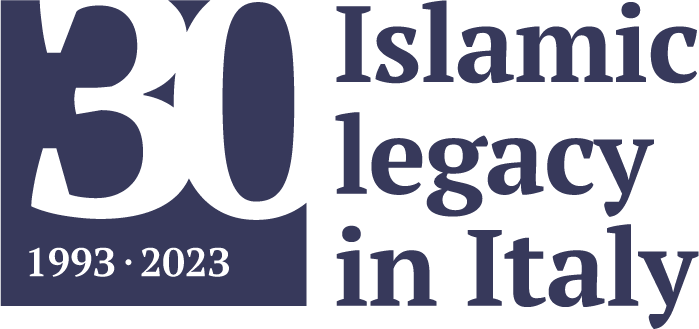According to a teaching of the Prophet Muhammad, ‘‘the quest forknowledge is the duty of each Muslim, male or female’’, where knowledge is meantas the discovery of the real value of things and of oneself in relationship with theworld in which God has placed us.
This universal dimension of knowledge is in fact a wealth of wisdom of the traditional doctrine naturally linked to the cultural and spiritual heritage of every human being and every believer of every faith. It allows for the respect of internal and externa l differences as positive elements of the cultural and spiritual heritage o f mankind. In this sense, intercultural and interfaith education plays a fundame ntal role and fits naturally within the Islamic religious education framework. The author of this article is Vice-President and Imam of the Islamic Religio us Community in Italy (Comunità Religiosa Islamica [COREIS] Italiana), an organisation which has been providing teachers and students with training on Islam and interfaith dialogue for almost twenty years with the support of the regional and national offices of the Italian Ministry of Public Education.
Referring to existing interreligious and intercultural societies such as Azerbaijan, and a number of successful initiatives and projects, several of which COR EIS is involved in, he demonstrates how interfaith education can effectively contribute to preventing the diffusion of anti-Semitism, Islamophobia and radicalism.

